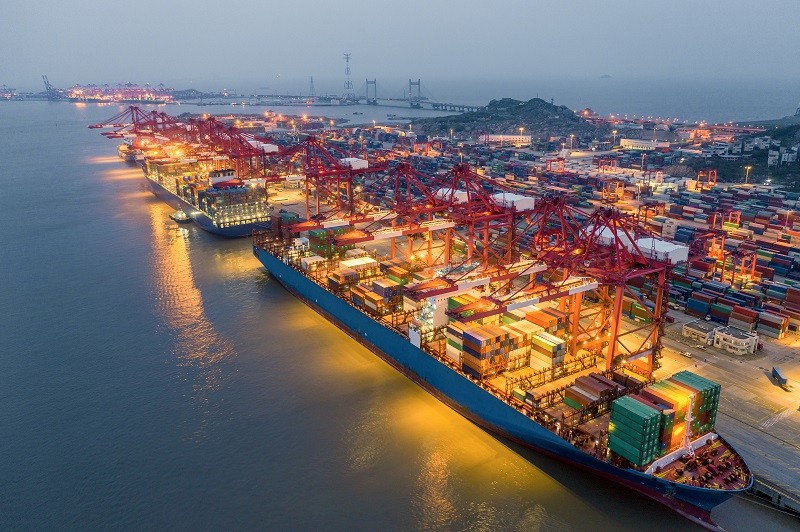International trade is becoming an important factor that determines the economic growth of a country. Accompanying with various government initiatives such as reduction of trade barriers, companies are actively engaging in international trade activities. These companies are sharing a common goal which is to achieve economies of scale from specialisation in other countries. As one of the top trading hub, Singapore continues to facilitate the movement of goods from country to country. This has contributed to a significant growth in the country’s import and export markets as well as its logistics sector.
According to The Straits Times, Singapore’s non-oil domestic exports (NoDX) rose by 12.3% in September this year, marking a 10th consecutive monthly rise. This indicates that the country’s NoDX is fast expanding and showing no signs of slowing down. Among all the other shipments, electronic products, specialised machinery and petrochemicals are the main export products of Singapore. These products have a relatively high demands from China, the European Union (EU) and Taiwan. Adding on to it, the global rising demand of semiconductor has resulted in the increase of exports of electronic products especially the integrated circuit (IC) to foreign countries. As a result, the export markets has become one of the major contributors of the country’s GDP.
Singapore Government Initiatives in Fostering International Trade Environment
In order to facilitate trade connectivity and simplify trading process, Singapore Customs has implemented the trade facilitation framework named TradeFIRST. It serves to increase local trade competitiveness by providing a streamlined process for traders to export their products to the specific countries with a reduced transaction costs and times. Customs will conduct assessment on the traders from various aspects to ensure the robustness of their internal policies and practices. Traders who achieve certain band of TradeFIRST can apply for the applicable licence/ scheme and enjoy different levels of facilitation. For example, a trader with an Enhanced band can apply for Zero-GST Warehouse Scheme (ZGS) which allows the storage of imported non-dutiable goods in the zero-GST warehouse without the need to pay GST. Find out more on the types of Singapore Customs Permit to identify the one that best suits your business needs.
Conclusion
To sum up, having a conducive trade environment allows companies to conduct their day-to-day operations in an efficient, low cost and compliant manner. At the same time, government initiatives in speeding up the export procedures and shortening the clearance time can offer a competitive edge for the traders. Now that we can take advantage of the wide range of programmes specially designed to meet different requirements of importers and exporters.
How we can help
In Alder, we provide consultancy services to help traders with the application of TradeFIRST and Singapore Customs Schemes, including:
- Provide TradeFirst Assessment Support
- Customs Licence/ Scheme Application Support (e.g. STS Bulk Permit Application, Zero-GST Warehouse Scheme Application etc.)
- Conduct Customs Procedures Training and Functional Training
- Review the Internal Compliance Programme (ICP) to close the compliance gap
Reference Materials
Subhani, O. (2021). ‘Singapore non-oil export growth rises to 12.3% in September, defying some concerns about China’, The Straits Times, 18 Oct. Available at: https://www.straitstimes.com/business/economy/singapore-non-oil-export-growth-rises-to-123-in-september-higher-than-expected




